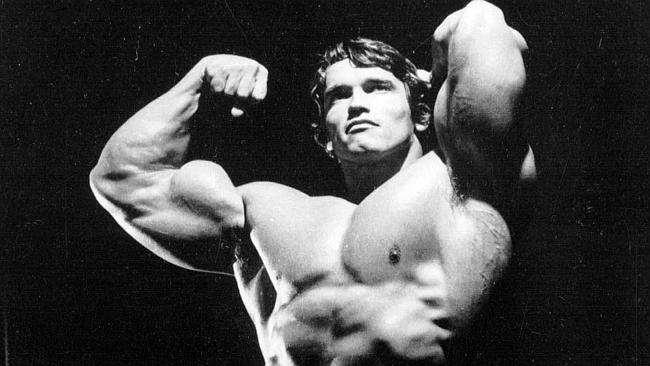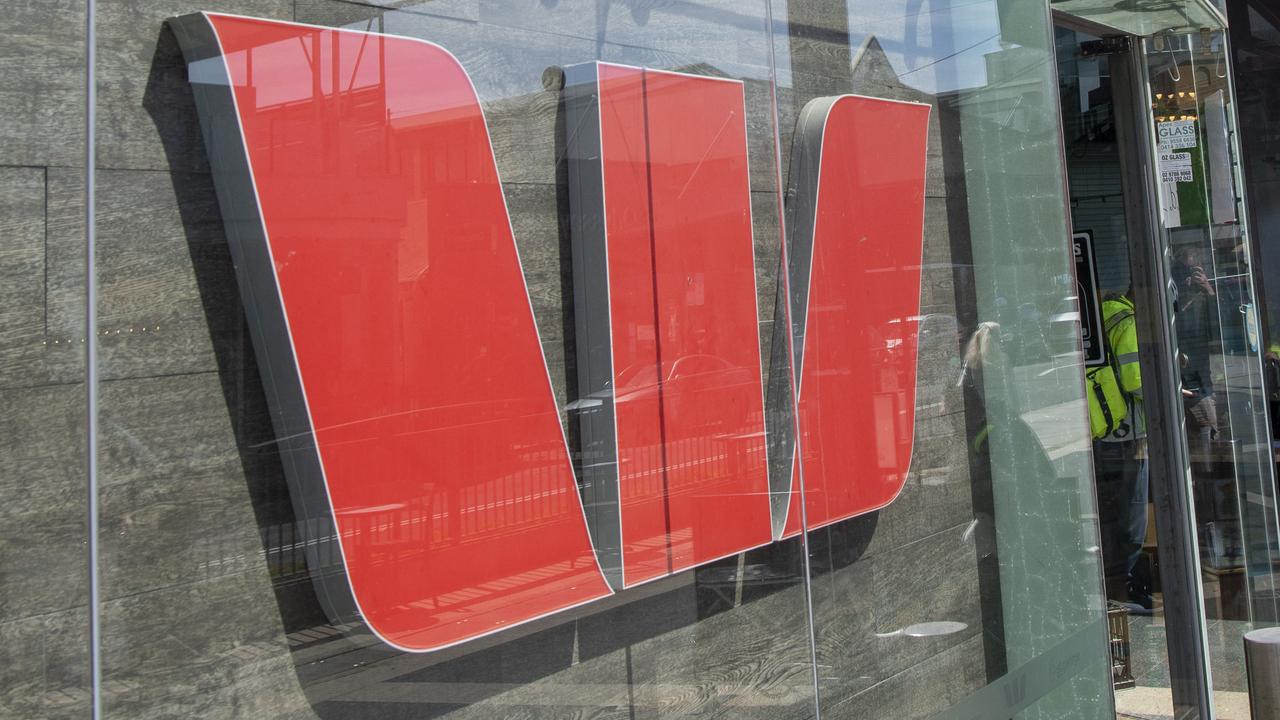Why hitting the gym is good for your career
WHILE the likes of Bill Gates, Tim Cook and Mark Zuckerberg would likely argue otherwise, it turns out pumping iron could be the secret to job success.

Careers
Don't miss out on the headlines from Careers. Followed categories will be added to My News.
TIME to hit the gym.
While the likes of Bill Gates, Tim Cook and Mark Zuckerberg would likely argue otherwise, a new study set to be published in an upcoming issue of the Journal of Personality and Social Psychology argues that physical strength is often equated with better leadership qualities in the eyes of others.
After conducting a variety of experiments, the researchers found that when looking at pictures of men, people were more likely to view those who appeared physically stronger as better leaders than those who looked physically weak.
The researchers noted, however, that this perception apparently applies only to men, as they found little effect on the perception of leadership skills when the study’s participants were shown pictures of physically strong and weak women.
As part of the research, the study’s authors photographed a group of men from the knees up in a white tank top to reveal shoulder, chest and arm muscles. In one experiment, men and women were shown the photographs and told a consulting firm had recently hired all the subjects in the pictures. The study’s participants were asked to rate each of the pictured men on how much they admired him, held him in esteem and believed he would rise in status, as well as whether they thought he would be a good leader and how effective they thought he would be dealing with others in a group.
“The physically strong men in the pictures were given higher status because they are perceived as leaders,” said Cameron Anderson, one of the study’s authors and a professor of management at the University of California Berkeley’s Haas School of Business. “Our findings are consistent with a lot of real examples of strong men in positions of power.”
In another experiment, researchers used Photoshop to switch the bodies of the stronger and weaker men. They put the weak men’s head on the stronger men’s bodies and the strong men’s’ heads on the weak men’s bodies.
The study’s authors found that after viewing the new pictures participants rated the weak men with stronger, superimposed bodies higher in status and leadership qualities.
A third experiment examined how height played a role. Researchers took pictures of the men in three different line-ups. Using Photoshop, each of the men was manipulated so he appeared short, tall and of equal height to the other men in the line-up. The results revealed that that men of taller stature were perceived to have more strength, and in turn rated higher in leadership.
Despite the results, Anderson says shorter and physically weaker men shouldn’t think they’ll never have the opportunity to rise to the top of their organisation.
“Perceived strength does give people an advantage but it’s not make or break,” Anderson said. “If you’re behaving in ways that demonstrate you are a leader or are not a leader, strength doesn’t matter.”
The study was co-authored by Aaron Lukaszewski, an assistant professor at Oklahoma State University.
This article originally appeared on BusinessNewsDaily and was reproduced with permission.
Originally published as Why hitting the gym is good for your career


